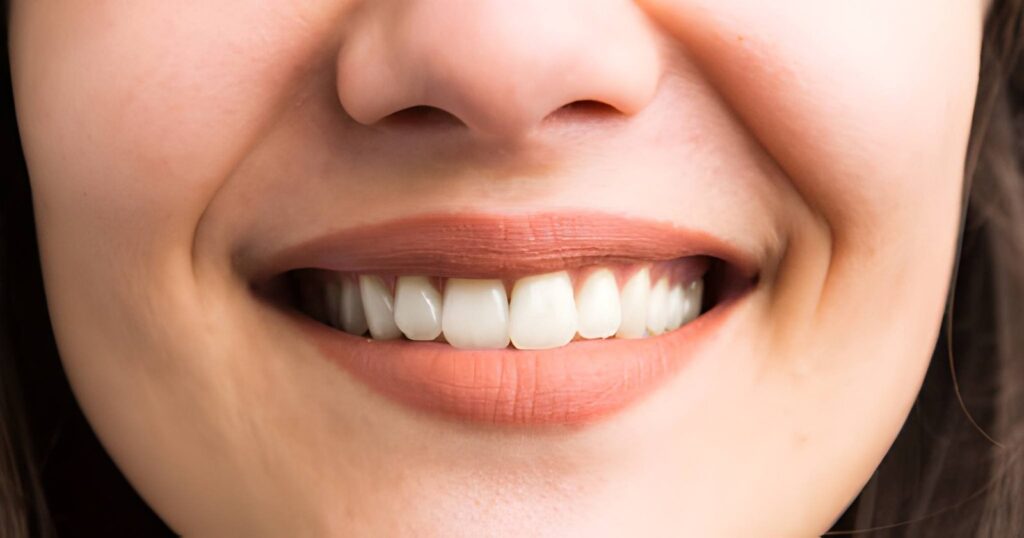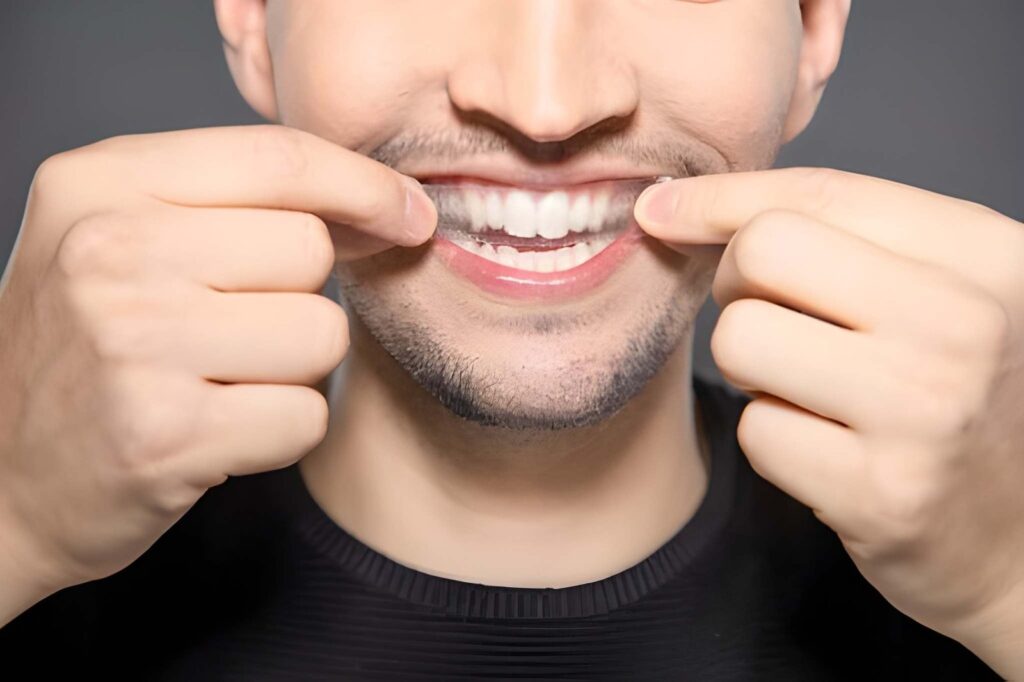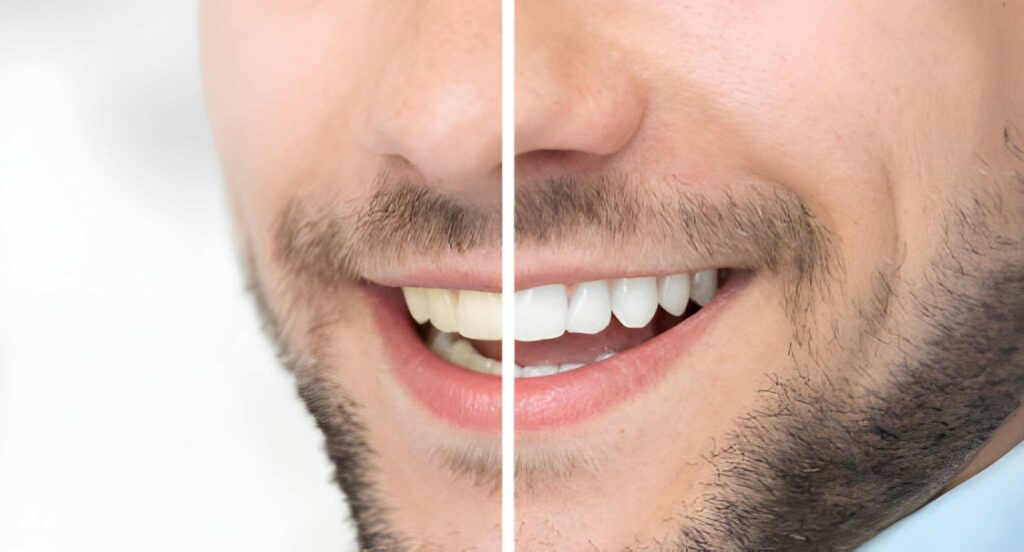If you’ve recently had a dental implant, you’re probably wondering when you can return to eating your favourite foods, like bread. While dental implants are a great solution for missing teeth, the recovery process can take time. The foods you eat during your healing period can play a significant role in how quickly you recover. In this article, we will answer the question, “Can I eat bread after a dental implant?” and give you helpful advice on how to reintroduce bread into your diet safely.
The Importance of Following a Soft Diet
Immediately after the best dental implant surgery, your mouth needs time to heal. The surgical site is sensitive, and putting too much pressure on it can cause discomfort or even damage. For the first few days, it’s crucial to follow a soft diet to avoid disturbing the implant area. Bread, while soft, can still be tricky depending on its texture. It’s essential to wait until your recovery is well underway before introducing any solid foods, including bread. With reliable dental implant services in Aberdeen, your dentist will provide detailed aftercare instructions to ensure a smooth recovery process.
How Many Teeth Can One Implant Replace?
When Can You Eat Bread After a Dental Implant?
The exact time frame for when you can start eating bread again depends on how well your mouth is healing. In general, you should wait until the initial swelling and discomfort have subsided, which could take about 1 to 2 weeks. During this time, stick to soft foods like mashed potatoes, soup, and smoothies that require minimal chewing. If you try eating bread too soon, it could irritate the implant site or even cause pain.
Once your healing progresses and you’re no longer in pain, you can begin to reintroduce bread, but with caution. Start with soft, well-moistened bread and eat small portions. It’s also a good idea to chew on the opposite side of the implant to avoid putting pressure on the healing area. If you’re looking for more guidance on eating and recovery, contact your NHS Dentist in Aberdeen to ensure you’re following the best practices for a smooth recovery.
How Much Are All-on-4 Dental Implants in the UK?
Choosing the Right Type of Bread
Not all bread is created equal, especially after dental implant surgery. Some bread types are harder and can be difficult to chew, which may put stress on the implant site. The best bread options after dental implant surgery are those that are soft and easy to chew. For example:
- Soft white bread: This type of bread is usually soft and easy to eat, even in the early stages of recovery.
- Whole wheat bread: This can be a good option as long as it’s soft and not too chewy. Make sure to remove the crust to make it easier to eat.
- Toasted bread: Lightly toasting bread can make it softer and easier to chew. Just be careful not to toast it too much, as this can make it too hard.
Avoid bread with hard crusts or seeds, as these can be tough to chew and could irritate the implant site. Also, steer clear of bread that’s too dry. You can moisten it with a spread like butter, jam, or avocado to make it softer and easier to manage.
How to Eat Bread After a Dental Implant
When you do start eating bread again, it’s important to take it slow. Here are some tips to make eating bread safer and easier during the recovery process:
- Cut the bread into small pieces: Avoid biting into large chunks of bread. Instead, slice it into small, manageable pieces to reduce the strain on your jaw.
- Chew slowly and gently: When you eat bread, take your time. Chew slowly and carefully, paying attention to how your mouth feels. If you feel any discomfort, stop and wait until you’re healed more before trying again.
- Eat soft bread: As mentioned earlier, stick to soft, fresh bread to avoid putting too much pressure on your healing implant site. Harder varieties, such as baguettes, should be avoided until your implants have fully integrated.
- Avoid eating bread with hard toppings: Don’t combine bread with hard or crunchy toppings, such as nuts or raw vegetables, at least in the initial stages of recovery.
How Long Do Dental Implants Last?
What to Avoid When Eating After Dental Implant Surgery
While you can start eating bread after a few weeks, there are other foods you should avoid during the early stages of recovery. These include:
- Hard or crusty bread: Bread with hard crusts can be difficult to chew and could harm the implant site.
- Crunchy snacks: Foods like popcorn, chips, or nuts should be avoided, as they can get stuck in your healing site and cause irritation.
- Spicy or acidic foods: Foods with strong spices or acidity can irritate the surgical site and slow down healing.
- Hot foods: Avoid very hot foods and drinks, as they can cause pain or discomfort in the sensitive areas of your mouth.
Gradually Returning to Normal Foods
Once your implants have fully integrated with your jawbone, usually after 3 to 6 months, you can begin to return to your regular diet. At this stage, you can eat bread without worrying about damaging the implant. However, always make sure to chew carefully and listen to your body. If you feel any discomfort, it might be best to wait a little longer before reintroducing more solid foods.
Hydration and Oral Hygiene
As you introduce bread and other foods back into your diet, remember that staying hydrated is crucial for your healing process. Drinking plenty of water will help keep your mouth hydrated and support overall recovery. Also, maintain a good oral hygiene routine by brushing and flossing your teeth gently, especially around the implant site, to prevent infection.
Schedule Your Consultation Today!
Conclusion
In conclusion, eating bread after a dental implant is possible, but it’s essential to follow the right steps to ensure your recovery is as smooth as possible. Start with soft bread, avoid hard crusts, and eat in small portions. Listen to your body and be patient – it may take some time before you can fully enjoy all your favourite foods again. Always consult with your dentist to ensure your healing process is on track and that you’re making the best choices for your implant’s longevity.
Consult with Holburn Dental and Implant Centre for Expert Guidance
At Holburn Dental and Implant Centre, we understand the importance of a smooth recovery after your dental implant surgery. If you’re unsure about when to reintroduce bread or any other foods into your diet, our experienced team is here to provide clear, personalised advice. We are committed to ensuring your implants heal properly, so you can return to your normal diet safely and comfortably.
Contact Holburn Dental and Implant Centre today to schedule a consultation and receive expert guidance tailored to your recovery needs
FAQs About Eating Bread After Dental Implants
Can I eat bread the day after dental implant surgery?
No, it’s best to wait for at least 24 to 48 hours before eating bread. Stick to soft foods and liquids to allow your implant site to heal properly.
How long before I can eat regular bread after dental implant surgery?
It’s typically safe to eat soft bread after 1 to 2 weeks, depending on your healing progress. Always start with small portions and soft bread to avoid irritation.
Can I eat toasted bread after dental implants?
Yes, lightly toasted bread is easier to eat, as it softens the texture. Just ensure it’s not too crispy or hard, which could cause discomfort.
Are there any types of bread I should avoid?
Avoid hard or crusty bread, such as baguettes, as they can put pressure on your healing implant site. Stick to soft bread options during the initial recovery phase.
Can eating bread affect the healing of my dental implants?
Eating bread that’s too hard or crunchy can irritate the implant site, delaying healing. Always follow your dentist’s advice on reintroducing foods and focus on a soft diet during recovery.




